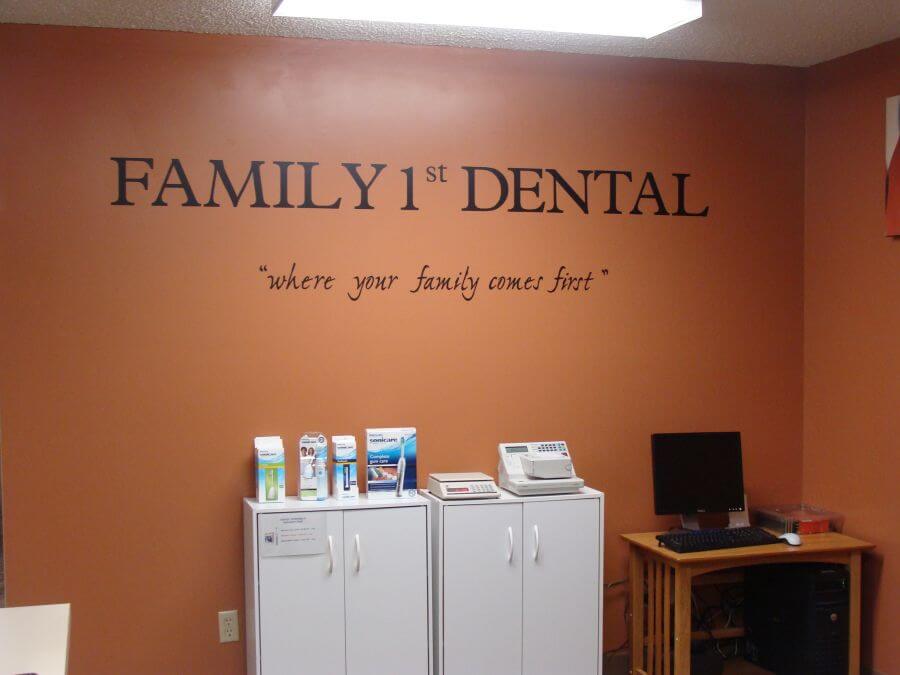
Periodontal disease ranges from a mild inflammation of the gum tissues to periodontitis, a major oral disease that can result in soft tissue and bone damage. Periodontitis is the leading cause of adult tooth loss in the United States.
One of the major causes of gum disease is practicing poor oral hygiene habits. Daily brushing and flossing and regular professional exams and cleanings are essential to maintaining optimal oral health. When these practices are not followed, plaque can form on the teeth and along the gumline. If this plaque is not properly removed, it may harden over time and become tartar. Once that occurs, only a dental professional can remove the tartar from teeth.
If gum disease is not treated in a timely manner, tartar may continue to build unchecked. When this occurs, the gum disease may advance to gingivitis. In this stage, gums redden, swell, and become prone to bleeding from normal activities, such as brushing or eating. Some other common symptoms include: chronic halitosis (bad breath), sensitive teeth, and difficulty or pain with chewing. At this point, professional periodontal treatment is needed to prevent the gingivitis from advancing to periodontitis.
When gingivitis is not treated in time, it may become periodontitis. Periodontitis is the most advanced form of periodontal disease. With periodontitis, gums begin to pull away from the teeth, creating small “pockets” along the gumline. These spaces are highly difficult to clean without professional intervention and can lead to rapid worsening in overall oral health. Without prompt and thorough treatment, bone, gums, and soft tissues may be destroyed by periodontitis.
Some of the most common factors that contribute to periodontal disease developing include poor oral hygiene habits, diabetes, smoking, and hormonal changes in women. Some medications can cause gum tissue to grow abnormally, which can increase difficulty in proper cleaning of the teeth. People who are receiving treatment for AIDS are also at increased risk of developing periodontal disease.
Many recent studies have found that untreated periodontal disease may negatively impact other aspects of your overall health, especially for patients with cardiovascular disease or diabetes. Periodontal disease can also increase the risk of developing certain pregnancy complications, such as low birth weight or premature birth.
Our doctor has the training and experience to diagnose and treat every stage of periodontal disease. If you have symptoms of periodontal disease, contact our office to schedule a consultation.





